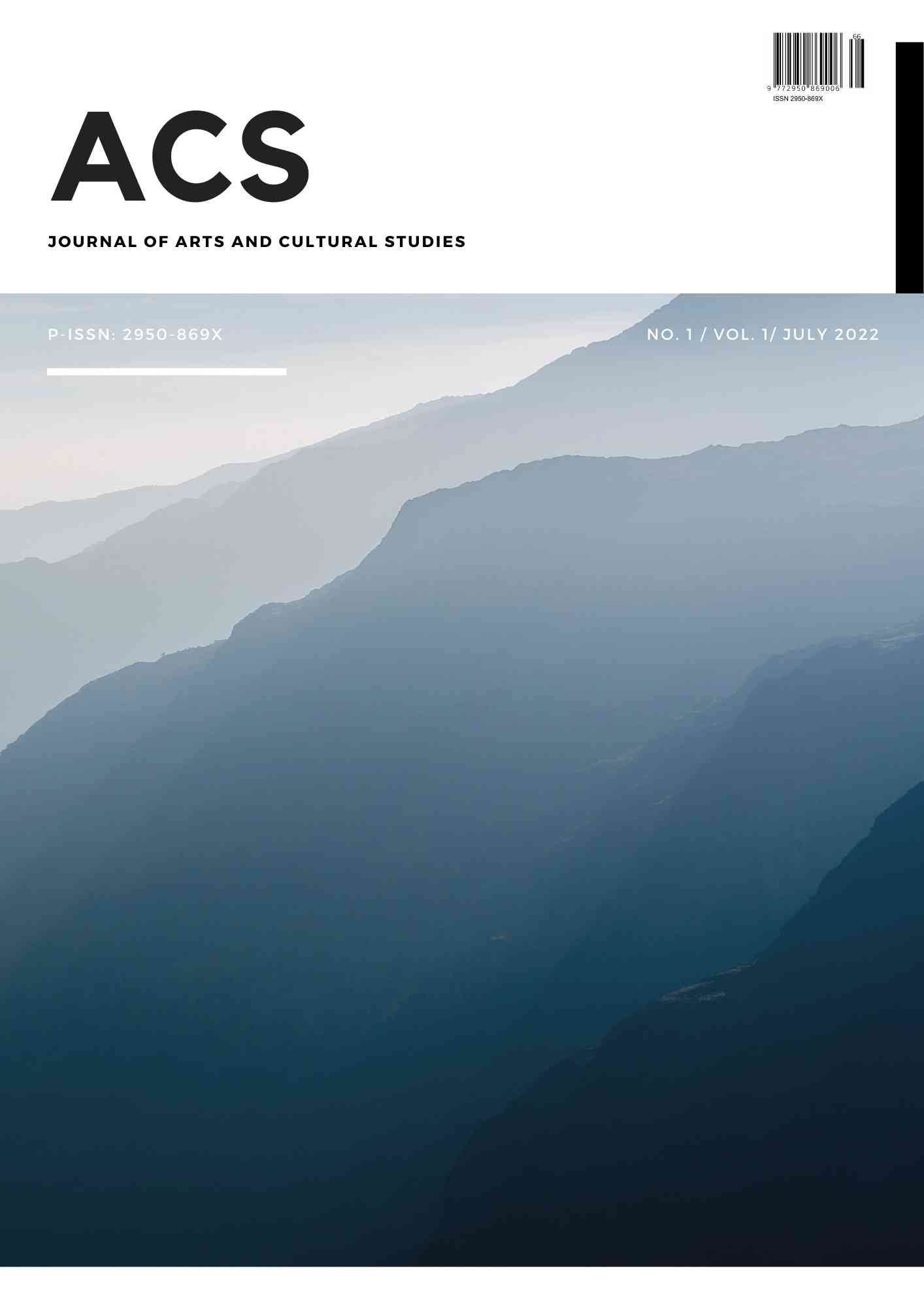open access
메뉴
open access
메뉴 ISSN : 2950-869X
ISSN : 2950-869X
Background: This paper examines how oral tradition has been instrumental in creating, documenting and transforming African indigenous musical cultures. This is important as they act as vital conduits through which musical practices are passed on from one generation to the other, enabling survival consistent with preserving numerous ethnic musical traditions from external pressure and modern challenges. Objective: This study sought to map out how oral tradition affects the continuation and evolution of Indigenous musical practice in Africa, not only for its positive prospects for creativity but also for the difficulties it has ever faced in the present world. Methods: Based on the above themes, a systematic literature review was conducted with particular emphasis on those examining oral transmission of African Indigenous musical practices. The functions, challenges, and adaptation of oral traditions in musical practices were gathered by synthesising findings from oral traditions sources across the different African communities. Results: The review showed that oral tradition is vital in preserving and transforming indigenous musical practices. It enables the retention of cultural identity while creating new music styles and, at the same time, facilitates the production of new musical forms. However, there are challenges, such as the disappearance of traditional forms, vulnerability to distortion, and finally, there is no standard notation. In light of these challenges, this paper proposes potential solutions – integrating written and oral methods ensures that music is preserved more accurately and readily available. Conclusion: Oral tradition plays the critical role of preserving Indigenous musical practices among African people up to date, though modern development complicates its effectiveness. New technologies and the combination of the oral/written modality could help to overcome these difficulties and ensure the continuation and evolution of Indigenous music for future generations. Further studies should be directed to the differences between the regions, the influence of modernity, and the importance of technologies for maintaining these traditions.